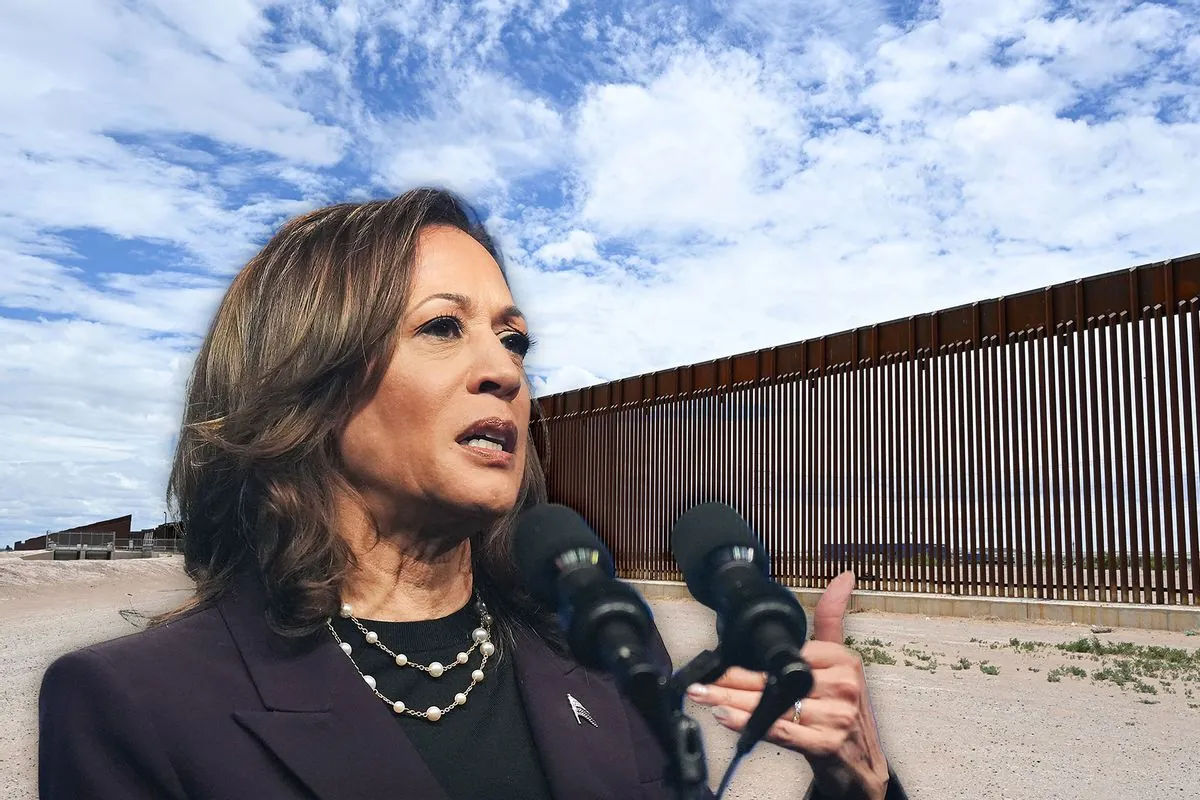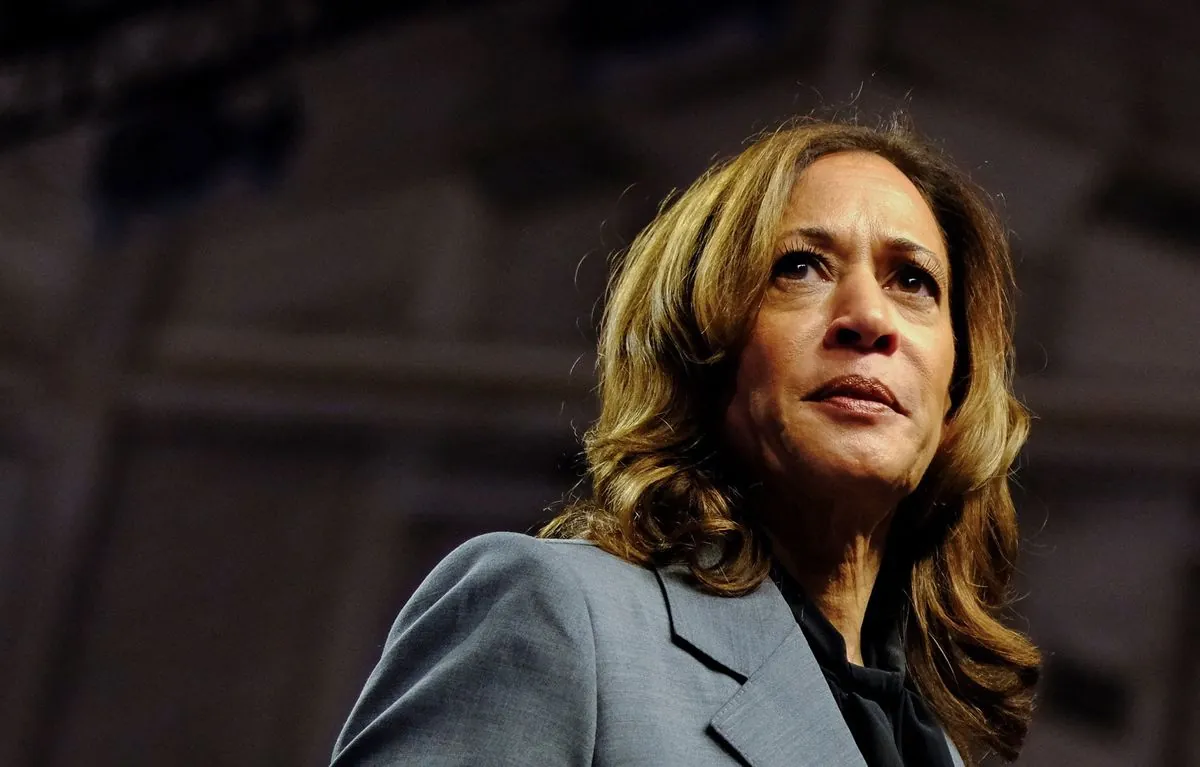Harris Visits Border as Trump Meets Zelenskyy; Campaign Tensions Rise
Vice President Harris tours Arizona border while Trump confers with Zelenskyy in New York. Democrats invest in Texas and Florida Senate races as Trump's religious voter comments spark controversy.

In a day of significant political developments, Vice President Kamala Harris embarked on her inaugural visit to the U.S.-Mexico border since becoming the Democratic presidential nominee. Concurrently, former President Donald Trump held discussions with Ukrainian President Volodymyr Zelenskyy in New York.
Harris, the first female, African American, and Asian American vice president, was scheduled to appear in Douglas, Arizona. This visit comes as Republicans intensify their criticism of the Biden administration's migration policies along the 1,954-mile border. Meanwhile, Trump, who served as the 45th U.S. President from 2017 to 2021, met with Zelenskyy amidst growing tensions over Ukraine's defense against Russia's invasion, which began on February 24, 2022.

In a strategic move, Democrats are expanding their efforts to maintain control of the Senate. Senator Gary Peters, chair of the Democratic Senatorial Campaign Committee (DSCC), announced a "multi-million dollar investment" in television advertising for Senate races in Texas and Florida. This decision is particularly noteworthy as Texas has not elected a Democratic senator since 1993, and Florida's last Democratic senator left office in 1989.
"I'm very confident there's going to be more coming."
Republicans interpret this investment as a sign of Democratic concern over Senator Jon Tester's re-election bid in Montana, a state that typically leans Republican but has elected Democratic senators in recent years.
The political landscape has been further complicated by Trump's recent statements regarding religious voters. He issued what some perceive as a loyalty test, asserting that he is best positioned to protect religious freedoms. Trump specifically mentioned Jews and Catholics, suggesting that those who don't vote for him "need their head examined" and preemptively attributing potential election loss to Jewish voters.
These remarks have drawn sharp criticism from religious leaders. Rabbi Rick Jacobs, president of the Union for Reform Judaism, the largest Jewish denomination in the U.S., expressed his concerns:
"It puts a target on American Jews. ... Stop."
This controversy highlights the delicate balance between politics and religion in the United States, where the First Amendment protects freedom of religion and the separation of church and state is a fundamental principle. As the 2024 presidential election approaches, with voter turnout typically ranging from 50% to 60%, these issues are likely to remain at the forefront of political discourse.


































